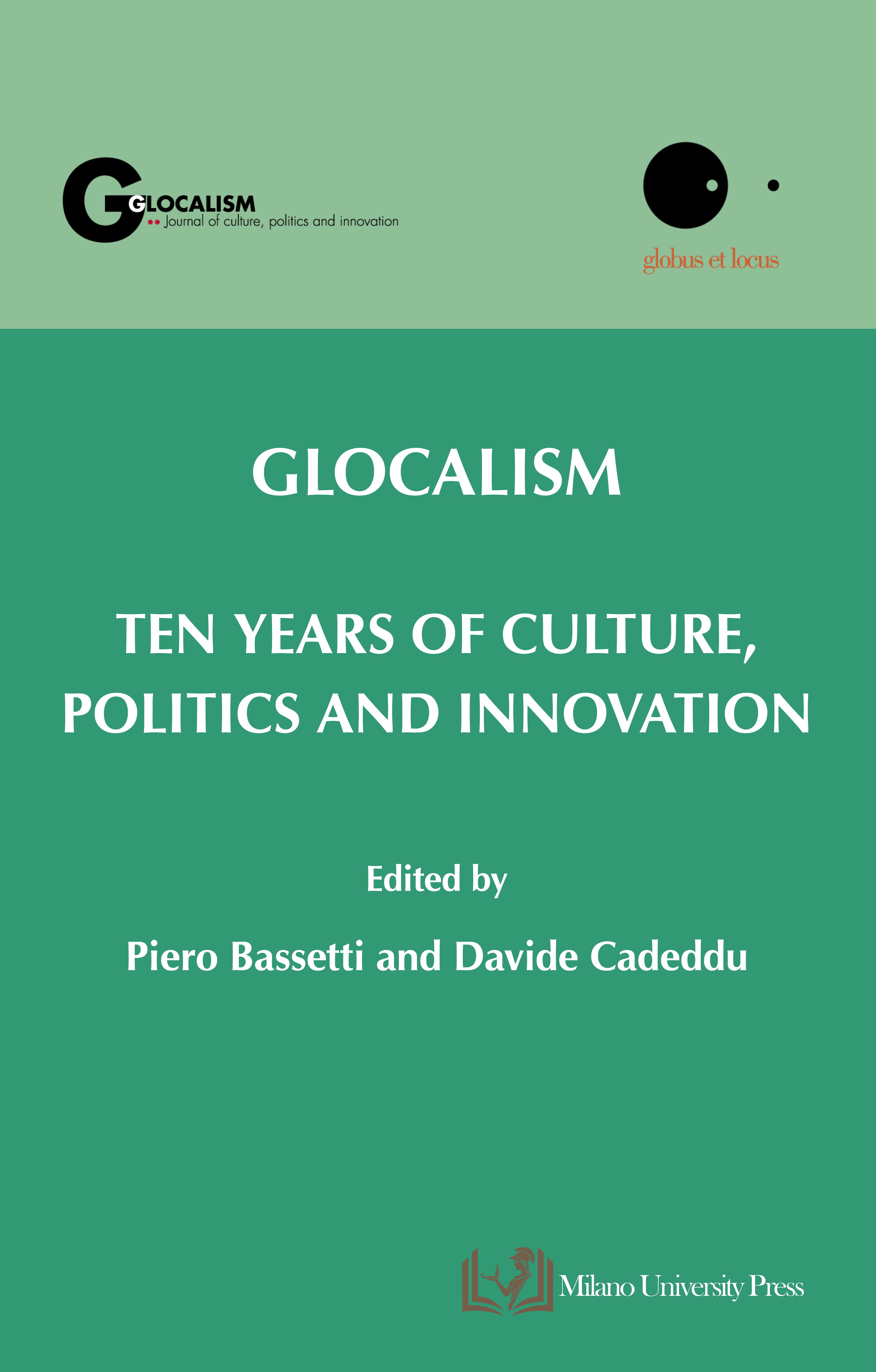Care Work in the Global Economy the Case of Latin American Migrant Women in Spain
DOI:
https://doi.org/10.12893/gjcpi.2019.3.5Keywords:
global care chains, Spain, Latin America, migration, feminist political economyAbstract
The purpose of this paper is to observe how transformations across society, economy and politics, consequence of global capitalism, didn’t help to overcome gender inequality but, on the contrary, have added stratification to the inequalities between women. In order to do so, this essay offers first a general overview of the literature and concepts related to the position of women within the global political economy. Following that, the processes of feminisation of migration and the changes in the provision of care will be analysed including examples from the experiences of women in Spain in relation to Latin American migration. The research will conclude that while the role of the woman is not only carer anymore but also income provider, men’s workload has remained almost unchanged, as they have continued to fulfil their traditional role as [main] providers and keep playing a small – if any – part in the reproductive sphere. Institutions like global markets and governments have strongly contributed to the creation and permanence of the so called double – and sometimes triple – burden. Despite the socioeconomic progress that entering the formal labour force meant for women’s empowerment, the consequences of such phenomenon have been not only perverse but also unequal among women of different ethnic and socio- economic backgrounds.
Downloads

Downloads
Published
How to Cite
Issue
Section
License

This work is licensed under a Creative Commons Attribution-ShareAlike 4.0 International License.











